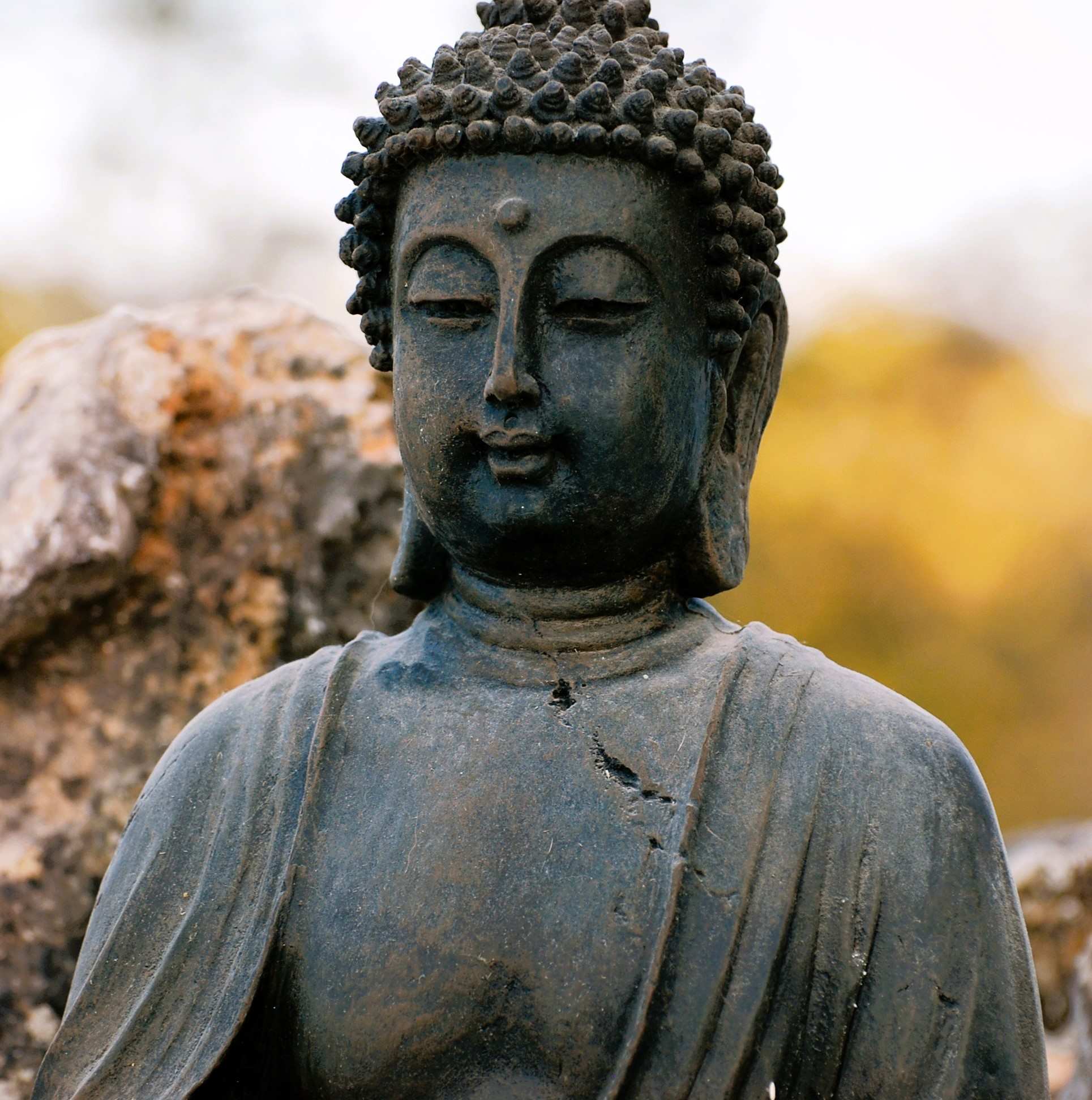In Sync with Ayurveda: Harmony, Health and Wellness

Have you ever felt like you’re just not quite in sync with your own body? Maybe you’ve tried different diets, fitness routines, or therapies, but nothing seems to stick. If this sounds familiar, it might be time to explore Ayurveda—a timeless science of health and well-being that has been cherished for thousands of years.
What is Ayurveda?
Imagine a system of medicine that’s not just about treating symptoms, but about understanding and nurturing your whole self. That’s Ayurveda for you! Originating from ancient India, Ayurveda is more than just a set of treatments. It’s a holistic approach to living that seeks to harmonize the body’s natural energies and maintain balance. This ancient wisdom teaches us how to live in harmony with nature and ourselves, focusing on prevention and well-being rather than merely curing disease.
Ayurveda is a lifestyle medicine.
The Fundamental Concepts in Ayurveda
Seven Dhatus
- Rasa (Plasma and Lymph): Nourishes all dhatus and maintains bodily functions
- Rakta (Red Blood Cells): Carries oxygen and nutrients; sustains vitality.
- Mamsa (Muscle): Provides strength, structure, and movement.
- Meda (Fat): Stores energy, insulates, and protects organs.
- Asthi (Bone and Cartilage): Supports the body structure and protects internal organs.
- Majja (Bone Marrow and Nerve Tissue): Produces blood cells and supports the nervous system.
- Shukra (Reproductive Tissue): Responsible for fertility and reproductive functions.
Three Gunas
- Sattva: Clarity and Harmony: Represents purity, knowledge, and balance, leading to mental clarity and calmness
- Rajas: Activity and Desire: Symbolizes movement and desire, which can cause restlessness and attachment if excessive.
- Tamas: Inertia and Darkness: Represents inertia and ignorance, leading to lethargy and mental confusion when dominant.
The three gunas shape our mental energies, influencing our experiences and interactions.

Five Senses
Our senses are the gateways through which we experience the world. Ayurveda believes all imbalances stem out of our misuse , overuse or underuse of our senses.
- Touch/Skin: The sense of touch connects us to textures, temperatures, and sensations.
- Smell/Nose: The sense of smell helps us detect fragrances, odors, and environmental cues.
- Sight/Eyes: The sense of sight allows us to perceive shapes, colors, and visual details.
- Taste/Tongue: The sense of taste identifies flavors, influencing our enjoyment of food and drink.
- Sound/Ears: The sense of sound enables us to hear voices, music, and environmental noises.
Ayurvedic inner and outer therapies engage the five senses to cultivate balance and harmony for both the mind and body.
Five Elements
Ayurveda views the universe as composed of five fundamental elements, each contributing to the balance of the body and mind:
- Space / Akasha (Potential): Represents the space within and around us, allowing movement and growth.
- Air / Vayu (Movement): Symbolizes movement, circulation, and change in the body and environment.
- Fire / Tejas (Transformation): Stands for transformation, metabolism, and energy within the body.
- Water / Jala (Cohesiveness): Represents fluidity, hydration, and the binding force in the body.
- Earth / Prithvi (Stability): Symbolizes stability, structure, and the physical body’s form.
In Ayurveda, understanding the concepts of Three Gunas, Five Senses, and Five Elements helps us recognize how mental states, sensory experiences, and natural forces impact our health and well-being. Balancing these aspects is essential for achieving health and harmony and preventing disease.
How Ayurveda Supports Your Path to Wellness
Curious about your Ayurvedic dosha? You can use self-assessment questionnaires online or consult with an Ayurvedic practitioner for a detailed evaluation. Understanding your dosha helps you make choices best suited to your body and mind.
The Six Pillars of Ayurveda are integrated into a personalized wellness plan, offering a holistic approach to health and balanced living.
This approach emphasizes a daily routine tailored specifically for you, ensuring that every aspect of your life contributes to your overall health and happiness.
- Nutrition: A Personalized Diet for Your Unique Self
Ayurveda’s approach to nutrition is deeply individualized, emphasizing the importance of choosing foods that resonate with your dosha (body type) and meet your daily needs. By maintaining balance and supporting your body’s natural rhythms, Ayurvedic nutrition helps you achieve optimal health. Each meal becomes an opportunity to nourish not only your body but also your mind and spirit, promoting vitality and longevity.
- Exercise: Tailored Physical Activity for Your Best Self
Exercise in Ayurveda is personalized to your body type and health goals, with mindful activities that enhance vitality, strength, and resilience. These activities are designed to invigorate your body while promoting mental clarity and emotional balance, ensuring that your exercise routine is both effective and enjoyable.
- Sleep: Restorative Sleep for a Balanced Life
Typically, 6-8 hours of quality sleep are recommended to support your body’s natural healing processes, improve cognitive function, and enhance emotional well-being. Proper sleep hygiene, including a consistent bedtime routine and a tranquil sleep environment, is essential for achieving restorative sleep.
- Self-Care: Tapping into Your Body’s Natural Healing Powers
Ayurveda teaches you to harness your body’s natural healing abilities through herbal remedies, self-care practices, and mindful living. Embrace aromatherapy, reflexology, massage, and yoga asanas, as part of your self-care routine. By incorporating these practices into your daily routine, you can enhance your body’s innate healing processes, reduce stress, and promote overall wellness. Self-care in Ayurveda is about creating rituals that nurture and support your health on all levels.
- Meditation: A Daily Practice for Mental and Spiritual Clarity
Create a daily meditation practice to connect with your inner self, manage stress, and cultivate spiritual well-being. Meditation is a key component of Ayurvedic health, offering a pathway to mental and spiritual clarity. Regular meditation can improve focus, reduce anxiety, and promote a sense of peace and balance. It is a powerful tool for aligning your mind, body, and spirit with the rhythms of nature.
- Emotional Wellness: Nurturing Your Emotional Wellness
Develop habits and practices that support a positive mindset, emotional resilience, integrating emotional freedom techniques and spiritual practices for overall health. This can include practices such as journaling, mindfulness, emotional freedom techniques, and spiritual practices. By integrating these habits into your daily life, you can achieve a state of emotional balance and harmony. Emotional wellness is essential for overall health, and Ayurveda offers a range of practices to nurture your emotional well-being.
Ayurveda offers more than just treatments—it provides a way of life that aligns you with your natural rhythms and promotes deep, lasting health. The efficacy of Ayurveda is supported by evidence from multiple sources, including extensive research documented on PubMed, that features hundreds of studies.
Feel curious, excited, or even a little skeptical? That’s perfectly okay! Ayurveda invites you to explore and experience its benefits in your own unique way.




